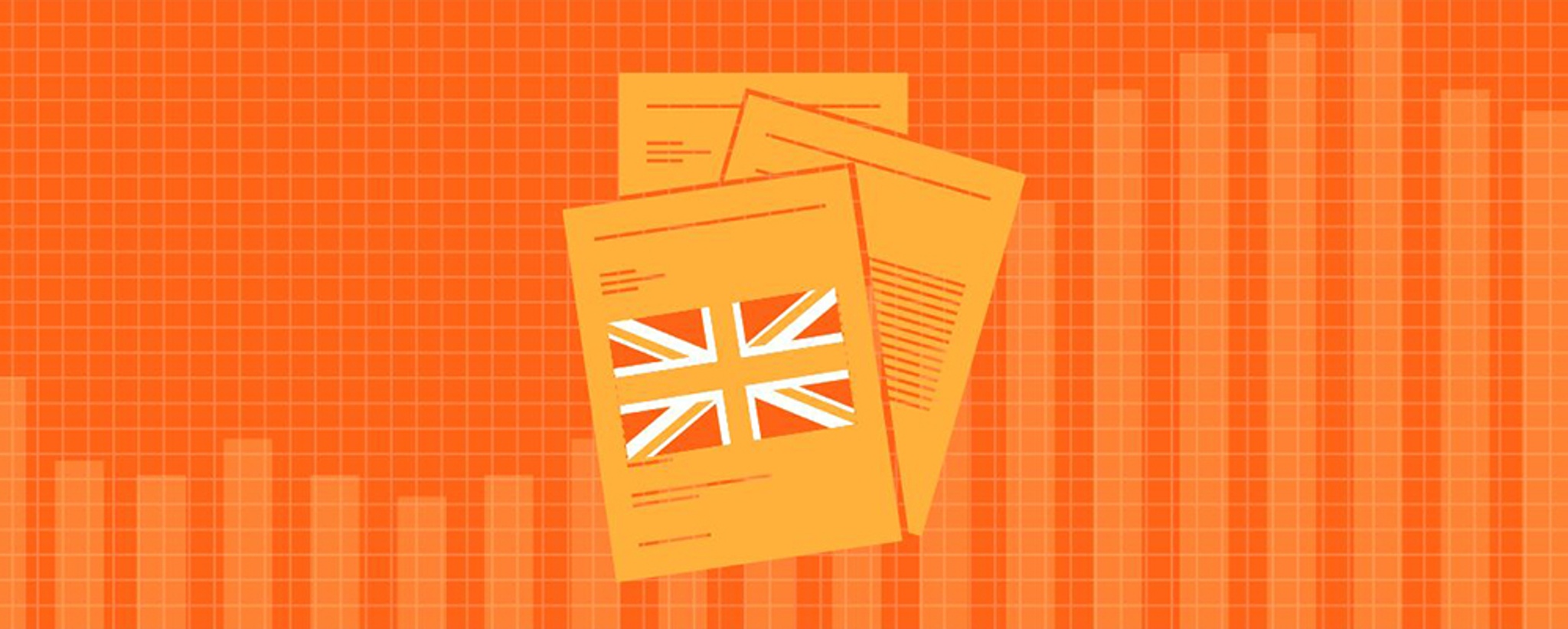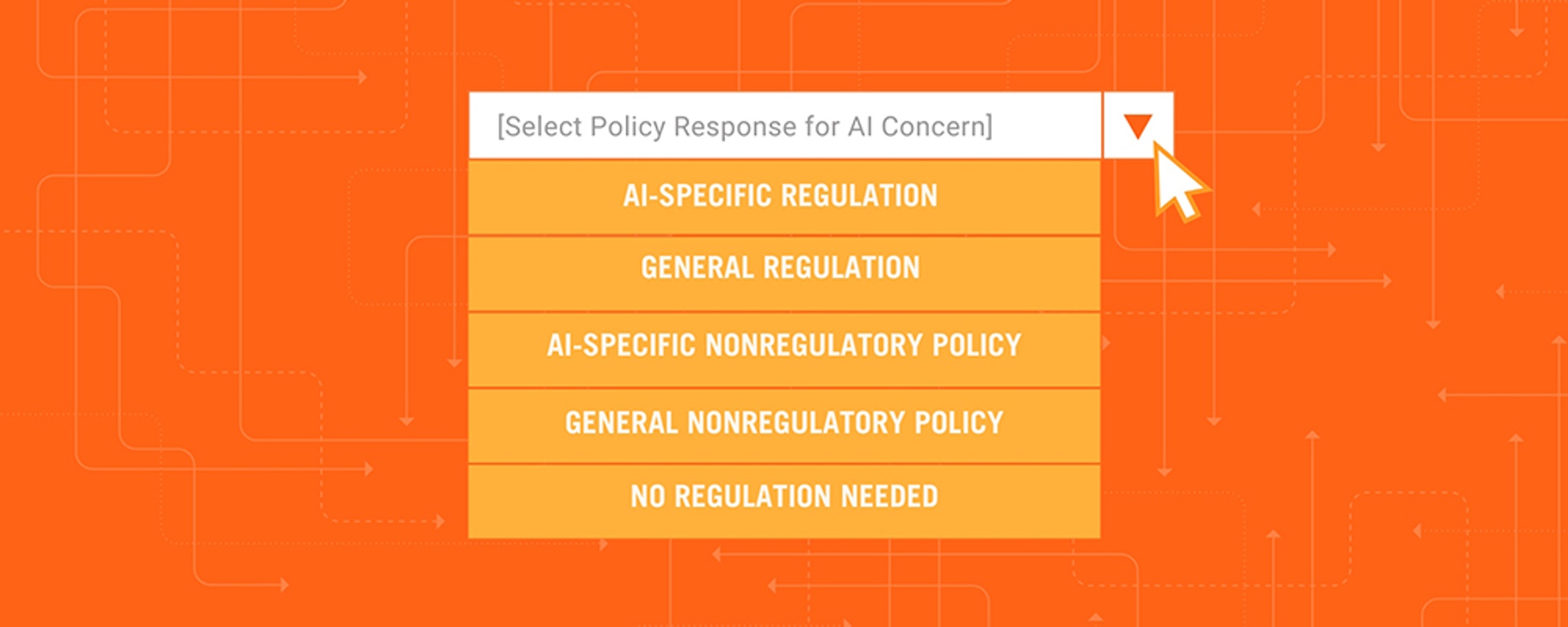Center for Data Innovation
ITIF’s Center for Data Innovation formulates and promotes pragmatic public policies designed to maximize the benefits of data-driven innovation in the public and private sectors. It educates policymakers and the public about the opportunities and challenges associated with data, as well as technology trends such as open data, artificial intelligence, and the Internet of Things. For more, get the Center’s weekly emails and visit datainnovation.org.
Featured Publications
Why AI-Generated Content Labeling Mandates Fall Short

Mandatory labeling for AI-generated content, particularly through watermarking, is neither a reasonable nor effective solution to the issues policymakers seek to address. Rather than singling out AI-generated content, policymakers should prioritize building trust within the digital ecosystem as a whole.
Digital Transformation Should Be at the Heart of the UK’s Economic Agenda

The UK stands at a critical moment when embracing digital transformation, AI, and data innovation is not just an opportunity but also a necessity. By implementing forward-thinking policies, the UK can not only drive economic growth but also position itself as a global leader in emerging technologies.
From Cart to Claim: Addressing Product Liability in Online Marketplaces

State product liability laws traditionally hold manufacturers, distributors, and sellers strictly liable for defective products they bring to market. As consumers increasingly make purchases from online marketplaces—platforms that aggregate products from multiple third-party sellers—new questions arise about how to best protect them from defective products that pose a risk to health and safety.
The U.S. Approach to Quantum Policy

In the nearly 25 years since NSF held the U.S. government’s first workshop on the topic, it has become increasingly apparent that quantum information science has the potential to drive major advances in computing power, secure communication, and scientific discovery. So, the government has rightly recognized it needs to play an active role in ensuring the nation remains competitive in this critical field.
Events
May 13, 2025
How Americans Feel About AI—and Why It Matters for Policy
Watch now for a timely discussion by ITIF's Center for Data Innovation and Public First surrounding new polling data exploring how U.S. public sentiment toward AI is evolving. The conversation unpacks where Americans see promise or peril, how their views have shifted over the past year, and what these perspectives mean for lawmakers, business leaders, and the future of AI policy.
April 17, 2025
Is U.S. Policy Ready for Agentic AI?
Watch now for a panel discussion by ITIF's Center for Data Innovation on what the rise of agentic AI means for innovation, competition, and policy, how prepared the United States is to keep pace, and what policy shifts might be needed to ensure consumers and businesses can successfully develop and deploy AI agents.
April 8, 2025
Why the UK Needs a Broad Text and Data Mining Exception to Support AI Innovation
Watch now for the Center for Data Innovation's discussion on the potential consequences of the UK government’s proposed option and how creating a more permissive text and data mining exception would advance the UK’s goals of being competitive in AI without undermining the rights of creators.
November 21, 2024
How Policymakers Should Navigate Tensions in Global AI Governance
Watch now for a timely discussion by The Center for Data Innovation and The Asia Group on how AI governance is unfolding globally, the key tensions shaping global regulations, and what these developments mean in the United States, the Indo-Pacific, and beyond.
May 21, 2024
Insights on US Public Opinion on AI
Watch now for a Capitol Hill event covering an in-depth survey by ITIF’s Center for Data Innovation and Public First about what of Americans thinks about AI, how these views have shifted over the past year, and the implications of these beliefs for businesses, policymakers, and society at large.

Vice President and Director, Center for Data Innovation
Information Technology and Innovation Foundation
Read BioMore From the Center
July 14, 2025|Blogs
Without a Federal Moratorium, US AI Policy Will Fragment Further
Congress’ decision to reject a federal moratorium on state-level AI regulation is a missed opportunity. Without a pause, the United States continues to face a patchwork of state laws that confuses consumers, burdens businesses, and slows innovation.
July 10, 2025|Blogs
Brussels Risks Prioritising Symbolism Over Substance in Cloud Procurement
In its push for digital sovereignty, the European Commission is reportedly planning to replace Microsoft Azure with the French cloud provider OVHcloud or another European alternative. But this move, while politically symbolic, would be costly. Far from enhancing security, this migration would sacrifice sound procurement and EU legal obligations in service of a hollow vision of digital nationalism.
July 2, 2025|Blogs
Five Reasons Why Critics Were Wrong About the AI Moratorium
The Senate's decision to remove the 10-year AI moratorium is a major setback for U.S. leadership in AI. The vote isn’t surprising given the criticism of the moratorium, but those critiques are misguided, and here's why.
July 1, 2025|Blogs
South Korea Should Reform Outdated and Protectionist Mapping Data Restrictions
South Korea’s export restrictions on mapping data act as a protectionist measure that unfairly limits competition from foreign firms. Korean policymakers should reform these rules not only to remove this non-tariff trade barrier but also to ensure that they do not hold back the use of geospatial data by emerging AI tools.
June 29, 2025|Testimonies & Filings
Comments to Senators Heinrich and Rounds Regarding the American Science Acceleration Project
The American Science Acceleration Project (ASAP) is a timely effort to modernize the infrastructure that powers U.S. research. By improving how science is organized, resourced, and executed, ASAP can help unlock faster breakthroughs across a range of disciplines.
June 20, 2025|Blogs
German State Prioritizes Politics Over Practical Technology Solutions
Schleswig-Holstein’s move to drop Microsoft for open-source tools reflects costly digital protectionism driven by politics, not practicality. EU governments should focus on evidence-based tech procurement over nationalist agendas.
June 14, 2025|Blogs
State Data-Driven Pricing Bans Would Backfire on Consumers
State bans on data-driven pricing could backfire by eliminating personalized discounts that help consumers. A better approach is to enforce existing laws, pass federal privacy rules, and clarify what fair pricing looks like.







